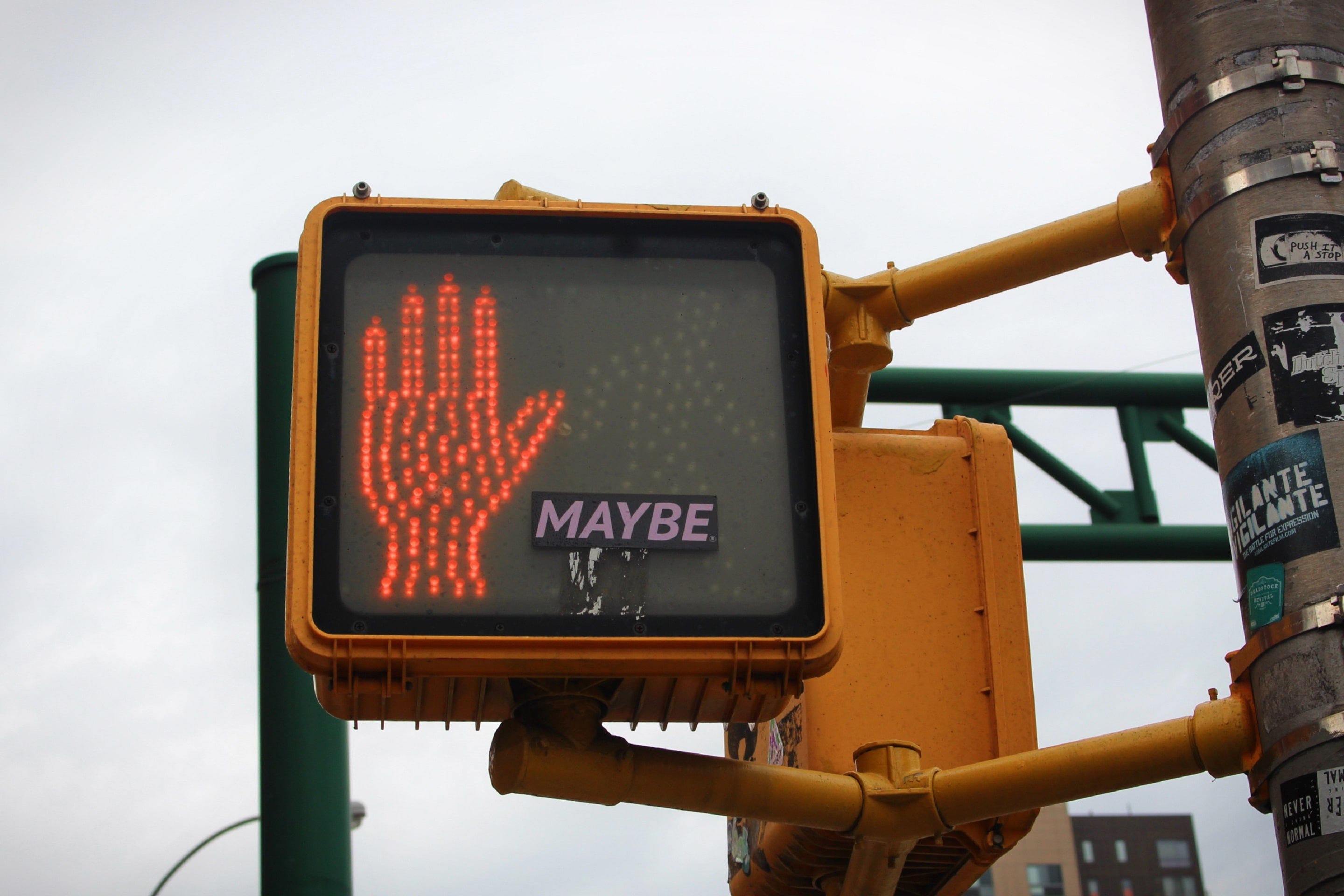
Unprecedented is an ad-free email newsletter from The Daily Edge. It’s absolutely FREE to read and subscribe, although if you would like to select a paid subscription, I certainly welcome the support!

Photo by Caroline Hall on Unsplash
There are important differences between those who are vaccine-hesitant and anti-vaxxers.
True anti-vaxxers are a relatively small group who believe that vaccines infringe on their human rights. They typically deny the existence or validity of the science supporting their use. They are nearly impossible to change and use their online presence to spread misinformation about vaccines. A larger group is comprised of those who are vaccine-hesitant. These individuals have concerns about vaccine safety and a mistrust of the medical establishment. But they are also open to the possibility of change.
We need to target the vaccine-hesitant in our efforts to reach herd immunity.
Upward of 90% of Americans need to be immunized for herd immunity to be maximally protective for all of us. This is a daunting goal—but achievable.
Here are some guiding principles in changing the minds of the vaccine-hesitant:
Correct their distortions about the science of the vaccines. The vaccine-hesitant show a tendency to distort the science about vaccines. For example, they believe that vaccines should be 100% safe. Nothing is 100% safe and so their expectations are unrealistic andeven sabotaging. This distortion of the science needs to be corrected.
Use confirmation bias in your favor. Emphasizing the negative effects of the coronavirus may be a far better strategy than pushing the safety of the vaccine. It appears that understanding the seriousness of the disease is easier for vaccine-hesitant individuals than accepting the vaccines.
Tell people’s real stories. Public health officials tend to operate in a world of data and statistics. Telling people’s actual stories about the coronavirus and vaccines is a way of sharing narratives that are understandable and relatable. People are inclined to behave in a certain way if they can understand it on an emotional level. Hearing other people’s actual stories can move the needle in the direction of getting vaccinated.
Change the do-nothing position. When people are confused or scared, they tend to choose to do nothing. We need to actively counteract the idea that more harm comes from action rather than inaction. We need to make do-nothing an unacceptable option.
Emphasize their sense of empowerment. Helping people believe they are the ultimate decision-makers helps them feel more empowered in their own lives. Feeling powerful, in combination with accurate medical information, can lead to the decision to get vaccinated.
There needs to be a concerted effort on multiple levels to change the minds of the vaccine-hesitant.
Here are some concrete, doable steps that will make a difference:
First, we know that vaccine-hesitant individuals will listen to medical experts if the information is being communicated in person. Medical experts on television or the internet are not trusted because the media is perceived as biased and liberal-leaning. Every physician in the country must have an in-person talk with each of his/her patients about the safety and effectiveness of vaccines.
Second, scientific and medical facts need to be communicated in detailed, everyday language. Most people do not understand statistics or medical jargon. Facts are more easily believed if they are fully understood.
Third, Republican elected officials on the local, state, and federal level need to urge their constituents to get vaccinated. Their supporters need to understand that their individual rights and freedoms are not being compromised. They need to understand that vaccines are not a partisan political issue. Hearing these statements from people with similar political perspectives can be impactful.
Fourth, right-wing media personalities must emphasize to their viewers that vaccines are vital and should not be used as a political litmus test. Explaining to their followers why they changed their minds about vaccines can be an effective communication tool.
Fifth, religious leaders must emphasize the need for vaccines to their congregations. Clergy have a powerful impact in our country. They should use their bully pulpit in the here-and-now. Telling real life stories about members of their congregations can be successful in highlighting the effectiveness of vaccines. Hearing stories about one’s neighbors hits home.
Sixth, vaccination mandates should be considered in certain hot spots where the delta variant is running rampant. However, widespread mandates can be counterproductive in enlisting the support of vaccine-hesitant individuals.
Seventh, all mental health professionals should be vocal in their support of vaccines. Our public’s mental health is contingent on the defeat of this pandemic.
Finally, monetary payments can be used to incentivize vaccines. We know that positive reinforcement is effective in shaping and maintaining prosocial behavior.
Changing the minds of vaccine-hesitant individuals can be accomplished. We must reach herd immunity as soon as possible if we are to stamp out the coronavirus and save our country from further destruction and death.
The vaccine-hesitant hold the key.
Dr. Alan D. Blotcky, PhD, is a clinical psychologist in Birmingham, Alabama.
Subscribe to Unprecedented
Subscribe to the newsletter and unlock access to member-only content.